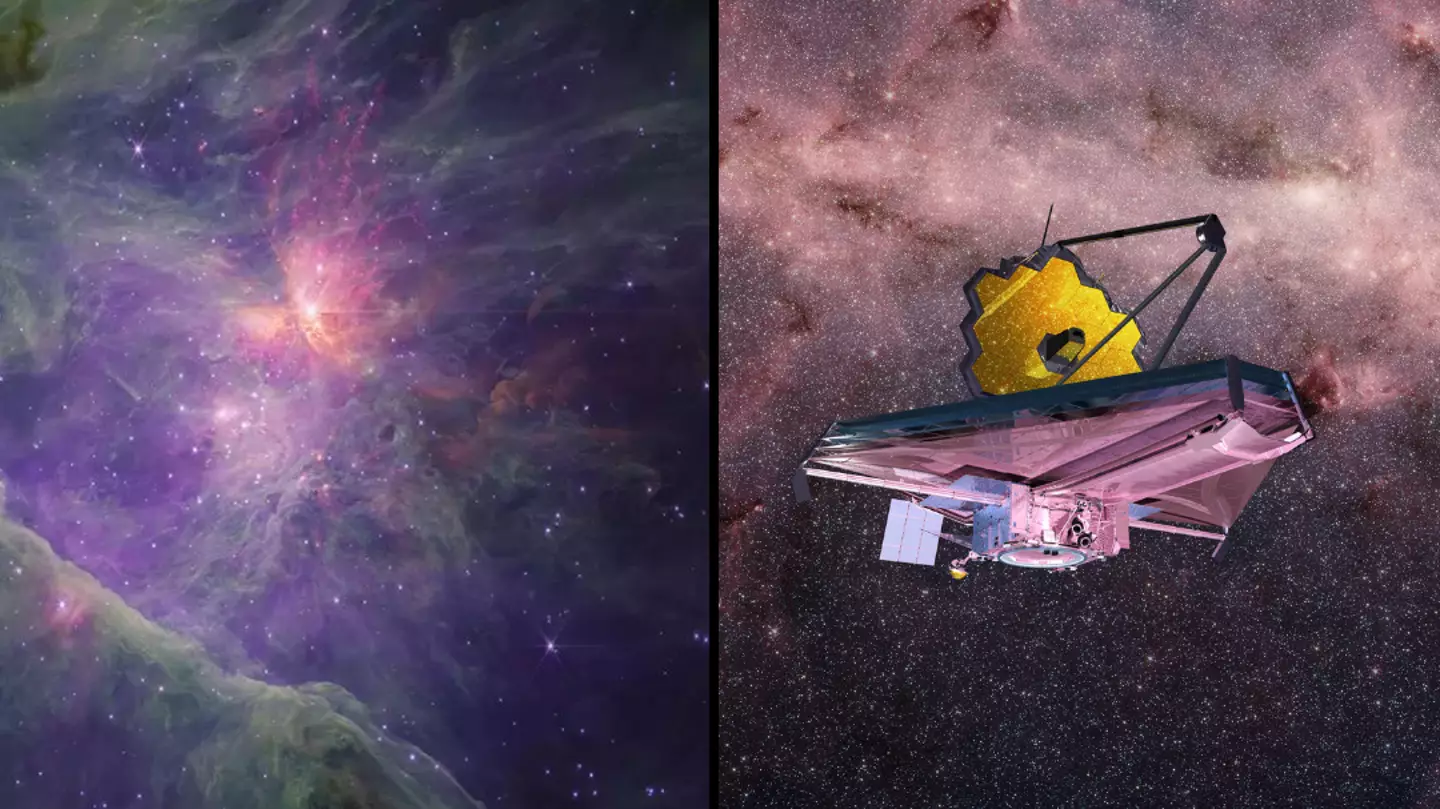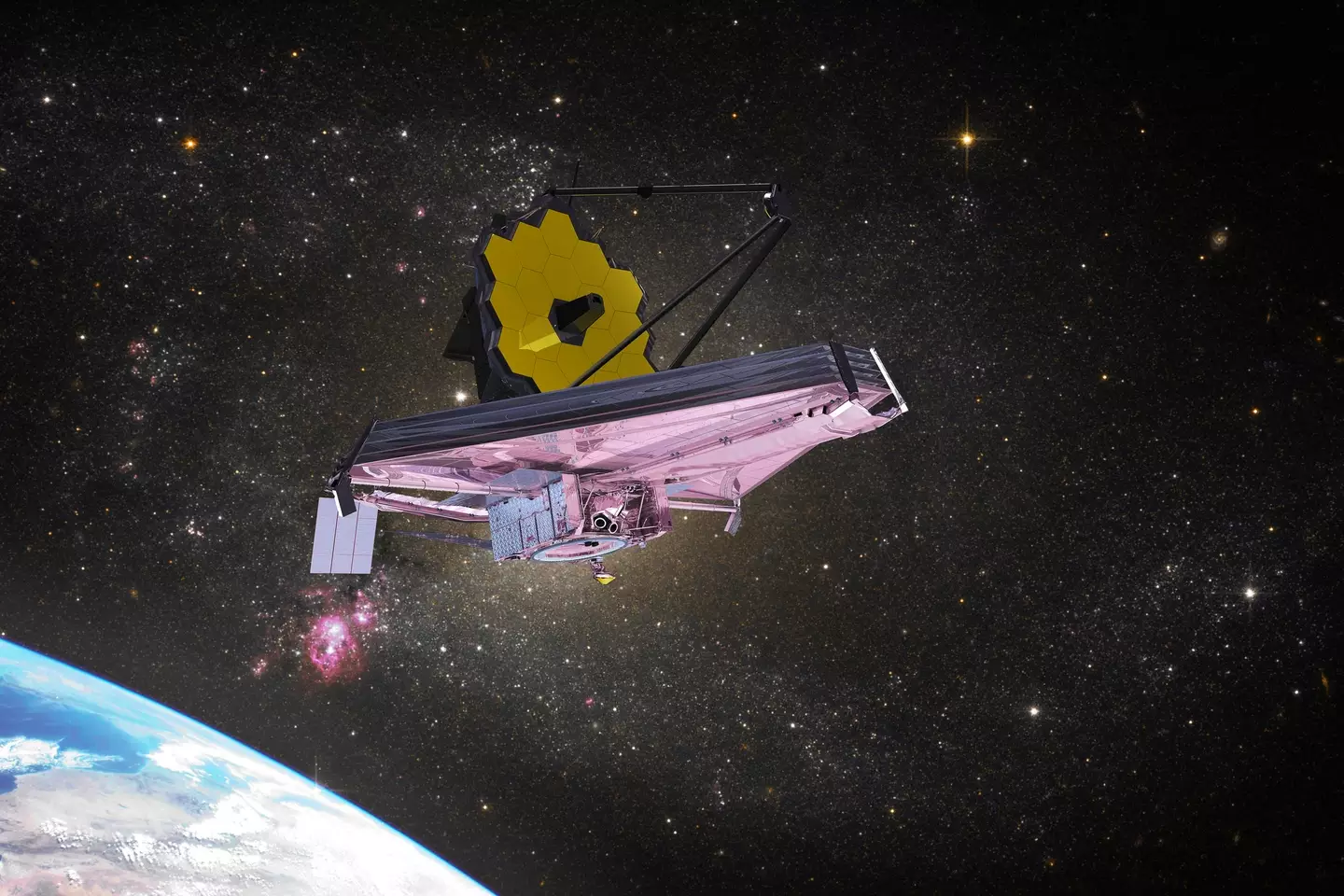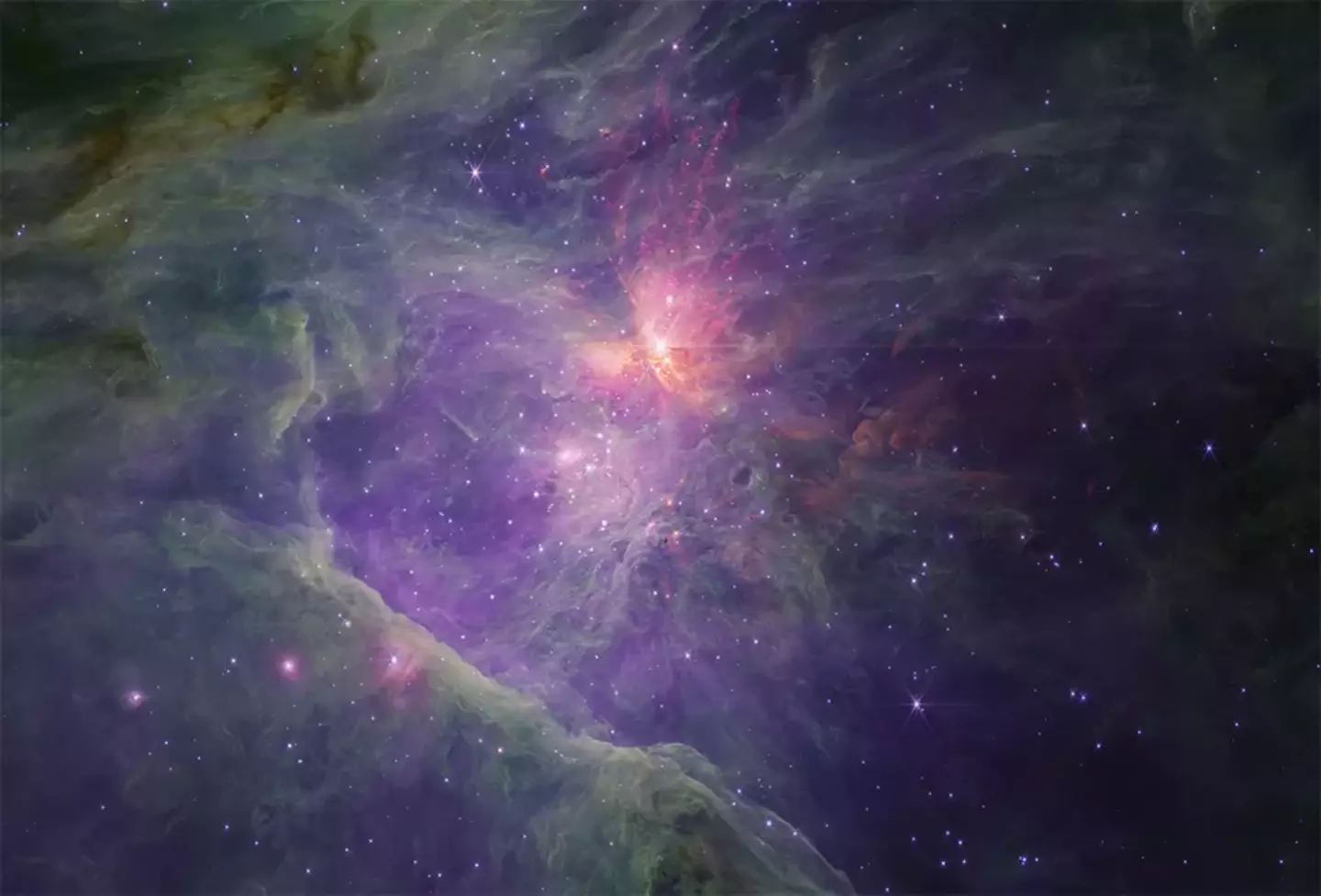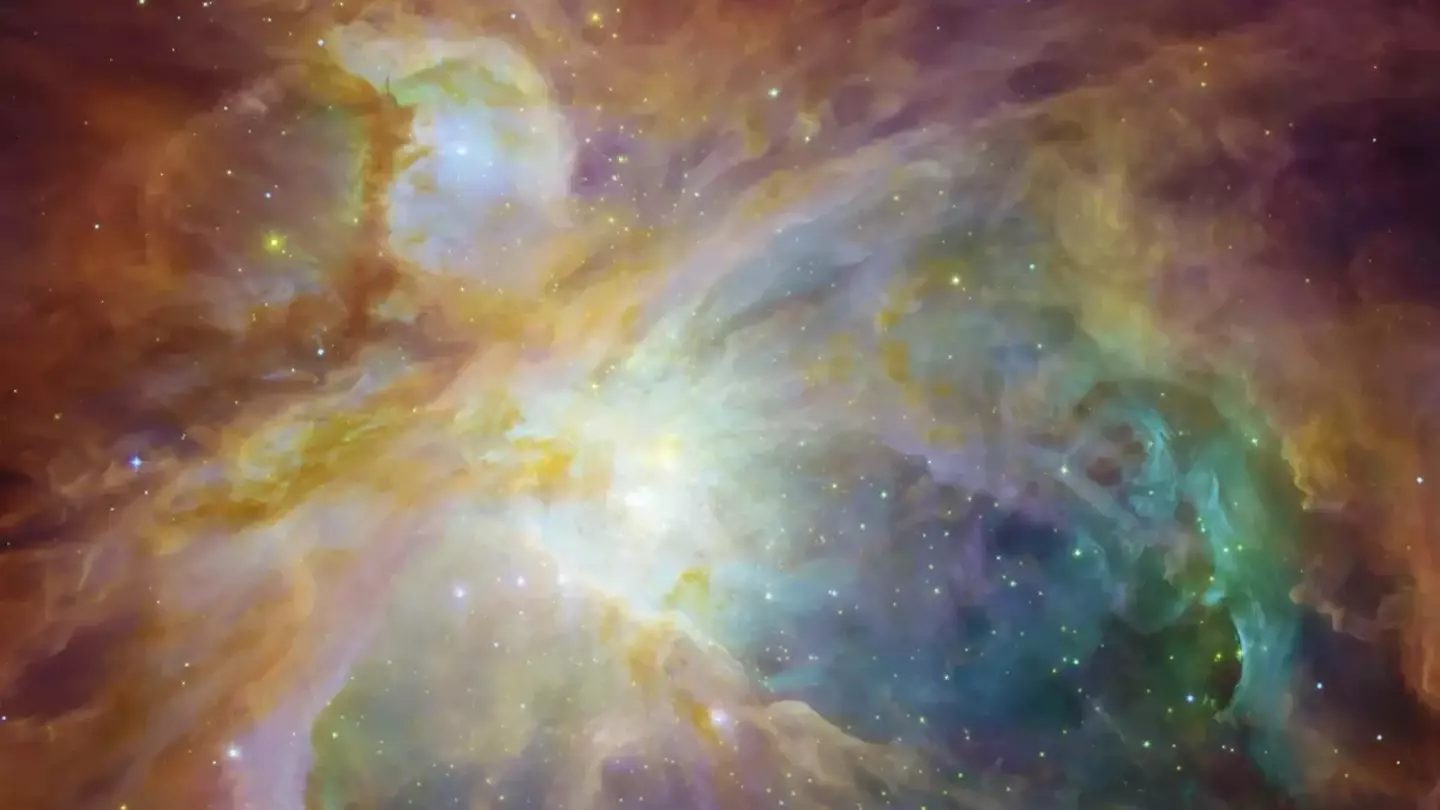
The James Webb Space Telescope, launched into the cosmos by NASA at a cost of $10 billion (£7.92 billion), has only been active for just over two years but is already proving to be a revolutionary piece of kit in strengthening humanity's understanding of the universe.
And one of its key findings that left scientists a little puzzled looks like it could have now been solved.
Last year the JWST made a rather unique discovery: pairs of free-floating planets that didn't revolve around a specific parent star.
Advert
Think of the Earth floating through space without orbiting the Sun.
They've become a bit of a mystery to astronomers. But understanding how they do what they do just took a step closer.
Dr Ed Bloomer, astronomer at Royal Observatory Greenwich, said at the time of the discovery: "The discoveries are very intriguing, since they don’t fit neatly into what we know and regularly observe elsewhere.
"We’ve discovered binary star systems – and more complicated multi-star arrangements – and beyond our solar system have detected thousands of extra-solar planets, with hugely varied characteristics.
"We’ve even discovered objects that are sometimes referred to as ‘rogue’ planets, not bound to a particular star. Now, we’re seeing evidence that’s just that next level up in strangeness – objects in pairs, lower mass than stars, but not bound in orbits with a parent star."

Free floating planets were discovered two decades ago, but the discovery last year by the JWST found more than 500 of them in one go.
And among them were pairs of worlds the size of Jupiter that orbit each other floating in the Orion Nebula; so-called Jupiter-mass binary objects (JuMBOs).
A staggering 80 of the planets found in 2023 were in orbiting pairs and between 0.7 and 13 times the mass of our solar system's Jupiter.
Now, as of March this year, a new study was published on free-floating planets and JuMBOs after scientists simulated tens of thousands of planetary systems containing JuMBOs orbiting stars similar to our very own Sun.

It comes after previous research said there was a 20% chance planets without stars were pulled away from their parent star by passing galaxies with a strong gravitational pull - something dubbed a 'stellar flyby'.
Dong Lai, a professor of astrophysics at Cornell University, and Fangyuan Yu, a student at Shanghai Jiao Tong University in China, teamed up for the new study to put this to the test.
The research by Lai and Yu found that free-floating planets were hundreds of times more likely to be kicked out of their orbit by a stellar flyby, causing them to float solo in space.

Concerning JuMBOs, the findings weren't convincing. There was a less than 1% chance on a pair of planets being kicked out of orbit of a star simultaneously.
The pair of researchers now believe the findings are a positive thing and make the 'cloud collapse theory' much more viable. This is the idea that the pair of planets are created when hugely dense clouds of dust and gas floating through space begin to collapse under the pressure of their own gravitational pull.
Topics: NASA, News, Science, Space, Technology, US News, World News, James Webb Space Telescope